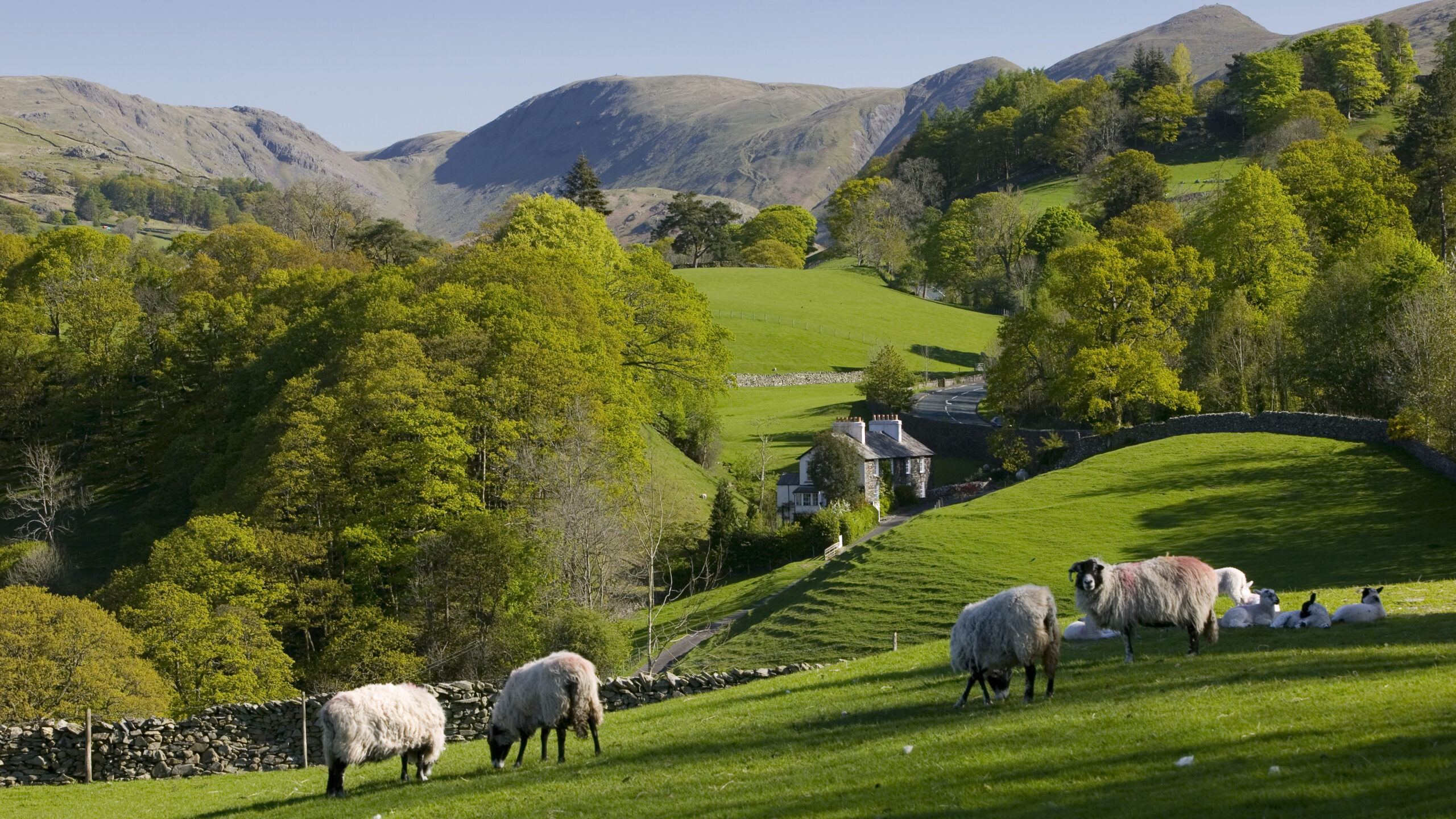Animal and plant health

Risks to animal and plant health could have serious impacts on people, the environment and the economy. There are a wide range of diseases and pests that could impact animal and plant health. These include foot and mouth disease, avian influenza (bird flu), African horse sickness, African swine fever, the plant pest Xylella fastidiosa and the plant pest Emerald Ash Borer (Agrilus planipennis). There are simple steps that the public can take to help protect themselves and others against animal and plant health risks.
Actions to take to protect yourself and others
Animal health
- If you suspect a notifiable disease in your animals you must report it immediately. Failure to do so is an office. To report a notifiable disease:
- In England call the Defra Rural Services Helpline on 03000 200 301 and choose the relevant options for the Animal and Plant Health Agency.
- In Wales, contact the Animal and Plant Health Agency on 0300 303 8268.
- In Scotland, contact your local Field Services Office.
- In Northern Ireland contact the DAERA Helpline on 0300 200 7840 or your local DAERA Direct Regional Office. Failure to do so is an offence.
- Get the latest news about notifiable disease outbreaks from the APHA subscription service.
- During an outbreak, avoid all contact with wild animals that appear to be sick.
- Seek advice from your vet if you are concerned about the health of your animals and wear gloves and wear appropriate protective clothing if you need to handle them.
- Take care of your own health and wash your hands with soap and water if you believe you may have come into contact with a diseased animal.
- Read UK Health Security Agency guidance on how to stay safe from infections carried by animals when visiting a farm.
- You can feed wild birds but always wash your hands with soap and water afterwards. Avoid areas that have premises where poultry or captive birds are kept. Wild birds can spread bird flu to captive birds.
- If you feed birds in your garden, read advice from the British Trust for Ornithology on how to reduce the risks of disease transmission in your garden and what to do if you see sick or dead birds.
- Do not feed livestock or wild animals, such as feral pigs, food scraps and kitchen waste. Previous animal disease outbreaks, such as classical swine fever and foot and mouth disease, have been caused by the illegal feeding of waste food to pigs. Viruses can survive for long periods in foods such as raw, cooked, and frozen meat.
- Do not bring back animals into the UK without a valid travel document.
- If you buy a cat or dog it’s important you know where it comes from and where it was born. Animals that are illegally imported for sale or rehoming may be carrying serious diseases that could spread to other pets or people – read the guidance on buying a cat or a dog.
- There are specific rules on bringing food or animal products into Great Britain. Temporary restrictions can be put in place to help the stop of certain diseases. There are different rules if you’re bringing food or animal products into Northern Ireland.
Plant health
- Plant diseases can live in mud and water. You can help to limit their spread when you visit woodlands, parks and gardens by washing or brushing mud off bikes, boots and buggies between visits.
- When buying plants, check for any signs of pests and diseases and only buy from trusted sellers. Check what you are buying on the Plant Health Portal.
- Report any trees that show signs of pests and diseases through the TreeAlert online reporting tool or to the Animal and Plant Health Agency.
- Take part in the annual National Plant Health Week.
It is not possible to eliminate all risks and we all have a part to play in protecting our trees, woods and forests for future generations to enjoy. To help protect our nation’s trees, please try to avoid unnecessary risks and do not bring plants, seeds, fruit, flowers or vegetables into the UK from overseas. They can carry pests and disease that would destroy UK trees, plants and crops.
Further information and resources
The Animal and Plant Health Agency provides news stories and up to date guidance on a range of animal and plant health topics.
For the latest Bird Flu information, visit Bird flu (avian influenza), the latest situation in England.
For information concerning bees have a look at the website of the National Bee Unit.
Download the Asian Hornet Watch app on android and IoS to report sightings.
For more plant health information, visit the UK Plant Health Information Portal and the UK Plant Health Risk Register. The latest issues related to protecting plant health and trade can be found on the pests and diseases page on the UK Plant Health Information Portal.
The Forestry Commission provides plant health support to woodland owners and managers.
The Non-native Species Secretariat coordinates the approach to invasive non-native species in Great Britain. They provide advice on how to stop the spread of invasive plants and animals in water. You can also read advice on how to stop the introduction and spread of tree pests and diseases.